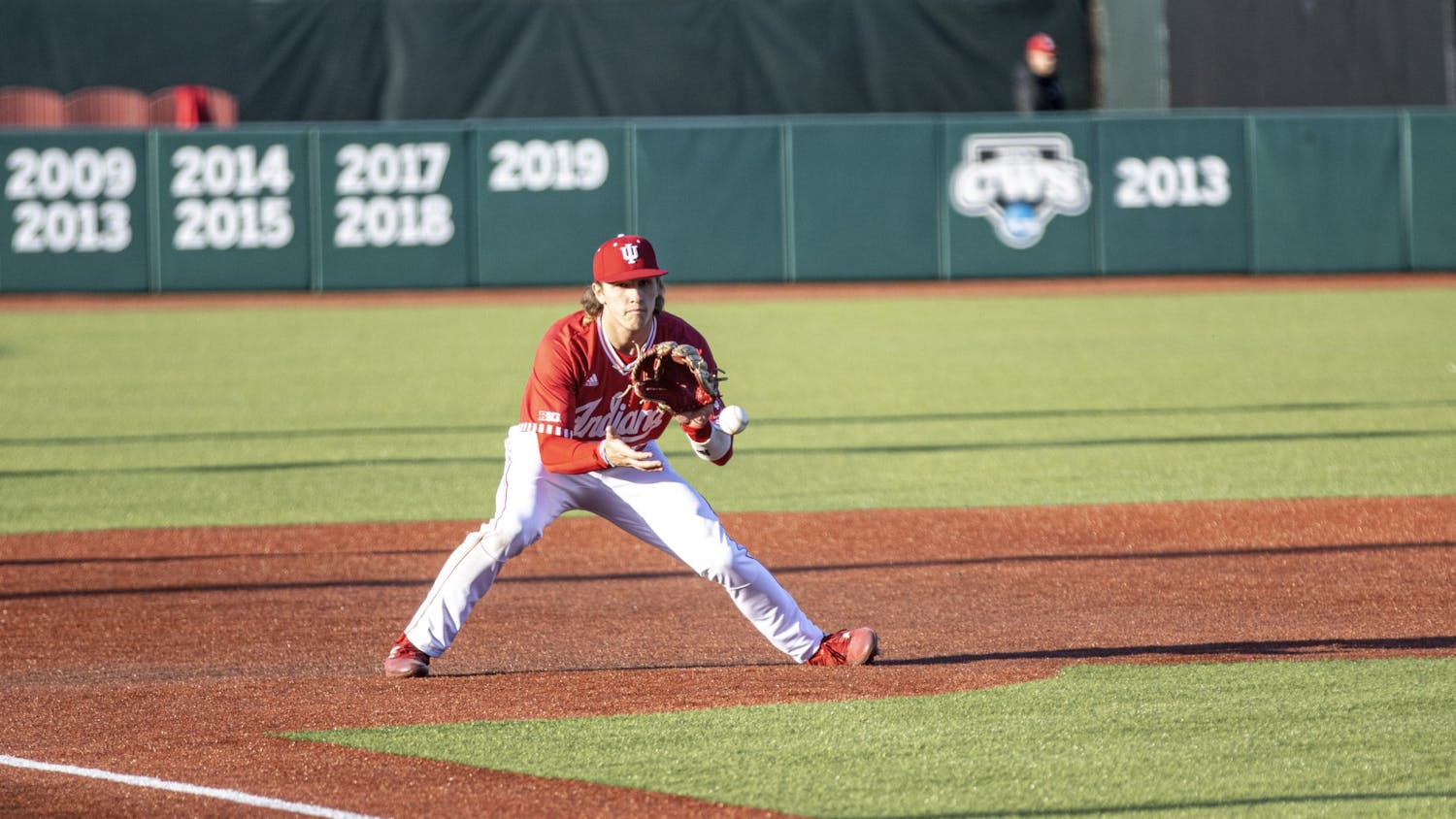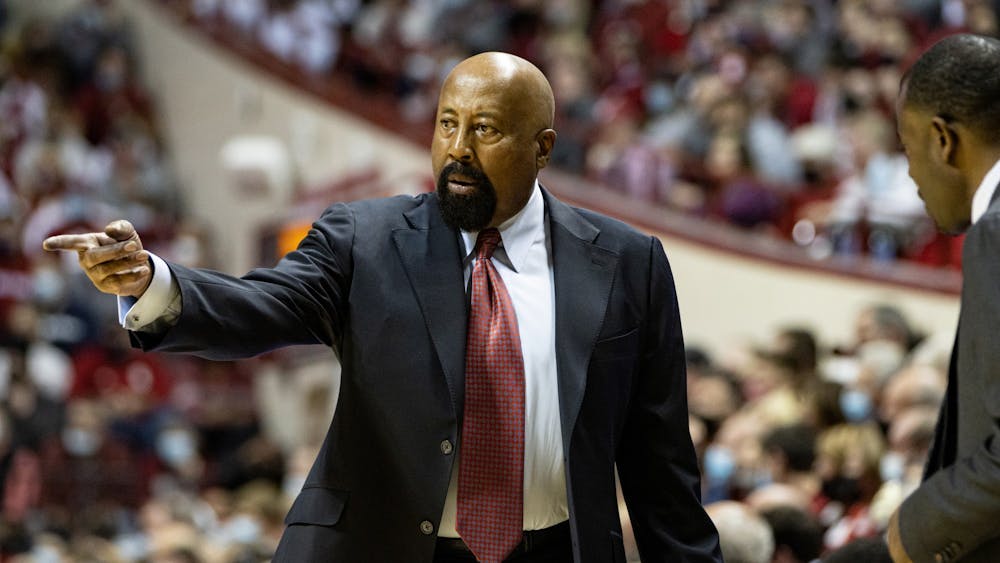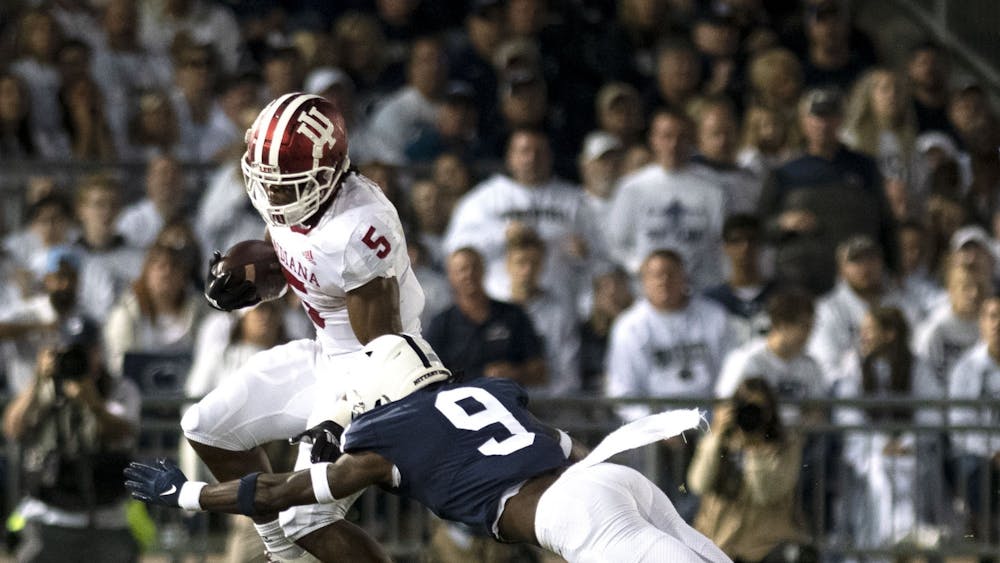The magical part of March Madness is that no matter what the NCAA does, the tournament will always be the most exciting sporting event of the year.\nThat being said, there are a few things the NCAA should consider that would make the tournament a bit more fair and even a bit more exciting.\nFirst, something has to be done about this "play-in" game. The formation of the Mountain West Conference two years ago added an automatic bid into the tournament, and the NCAA does not want to take away an at-large bid to keep the number of teams at 64. Fine. But there is a better way to make this work.\nIt is not fair to make teams like Siena and Alcorn State, who earned a bid by winning their conferences, have to earn it again by winning one more game. Basically, the NCAA is saying "You two are the worst teams we have. One will lose and go home, and the winner gets to play in a game that they will not win anyway." Let these schools at least leave the scene with dignity, not embarrassment.\nKeep the play-in game, but the two teams participating in it should be at-large, or "bubble" teams. Make the teams that are right on the edge earn their ways into the tournament. This year, that would mean that Utah would have been playing against Tulsa -- two teams that had average seasons that ended up with bids. \nNot only would this make for a fairer situation, but it would also create a much more exciting game. There would be a better chance that these schools could be recognized by the entire country and, more importantly, there is even a chance that the winner could succeed in the tournament. Twelve-seeds won three out of four games this year, and one (Missouri) is still alive. The way it is now, the play-in game is meaningless as far as the big picture is concerned, but with this adjustment, it will have a value that will impact the tournament.\nSecond, I must agree with Dick Vitale's idea to limit each conference to five representatives. This addresses two issues, one of which is the often-heard story about mid-major schools (Butler, Creighton and Ball State, for example) not receiving invitations. \nThe reason that they do not get into the tournament usually has to do with the fact that they play relatively easy schedules, and teams that play in major conferences have a tougher time -- even though they lose more games they are indeed more deserving of a chance to play for the national title. Vitale argues, however, that smaller schools cannot play many hard games, because the best teams simply will not play against them -- this is not something that they should be punished for.\nThe other issue this would address involves the regular season. Too often these days, teams use the conference tournament as a vehicle to ride into the NCAA tourney. By limiting each conference to five teams, each game for the bigger schools becomes more important.\nSuddenly a school like Mississippi (the SEC's sixth representative) needs to be able to win a conference road game, and be sure not to lose to teams like Auburn. This would add more excitement to the regular season -- each game would be more important.\nWith these changes, not only would the games all year be more exciting, but there would be a sense of fairness among schools both large and small. Part of the tournament is the amazing talent that smaller schools display, if only they are given the chance.
March Madness magical but needs some changes
Get stories like this in your inbox
Subscribe





